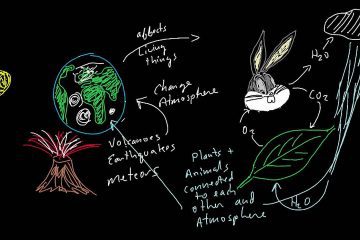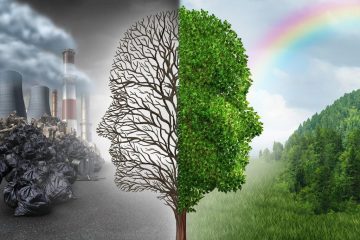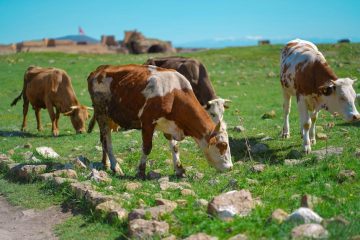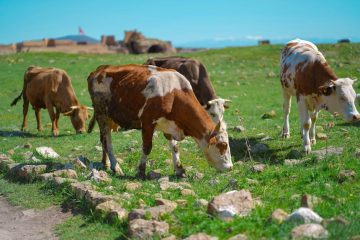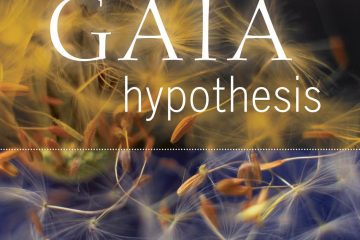Gaia hypothesis
gaia hypothesis james lovelock pdf
The Gaia Hypothesis, proposed by James Lovelock, presents a groundbreaking view of Earth as a self-regulating system. This concept prompts us to reconsider our relationship with nature, urging a more harmonious coexistence with our planet. For deeper insights, explore the available PDF resources.
